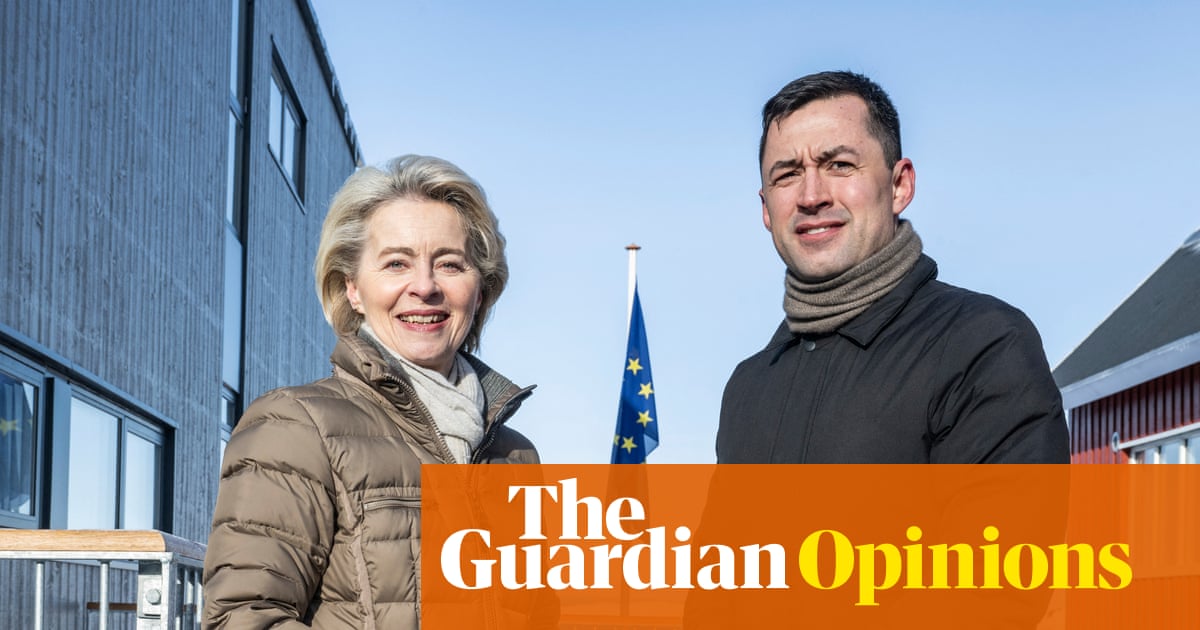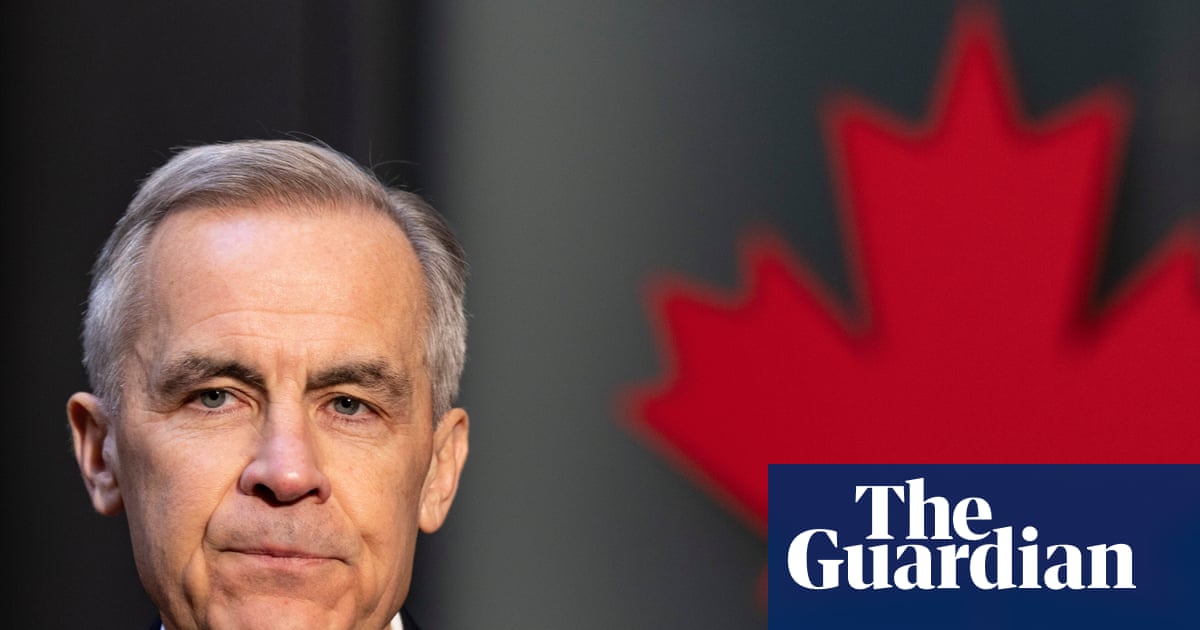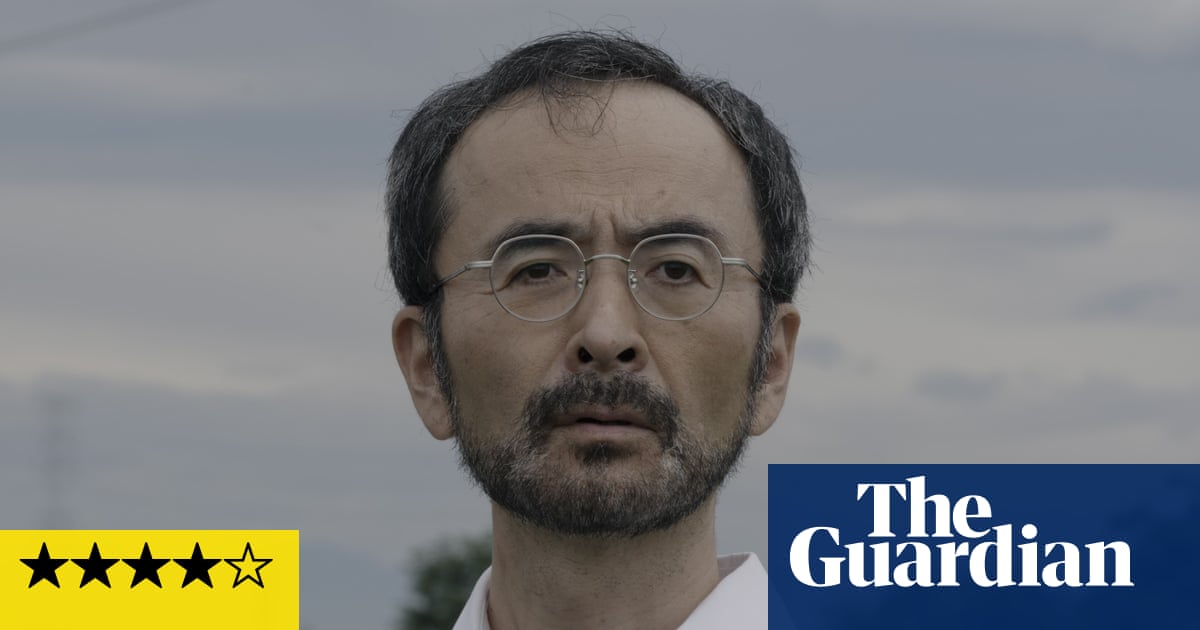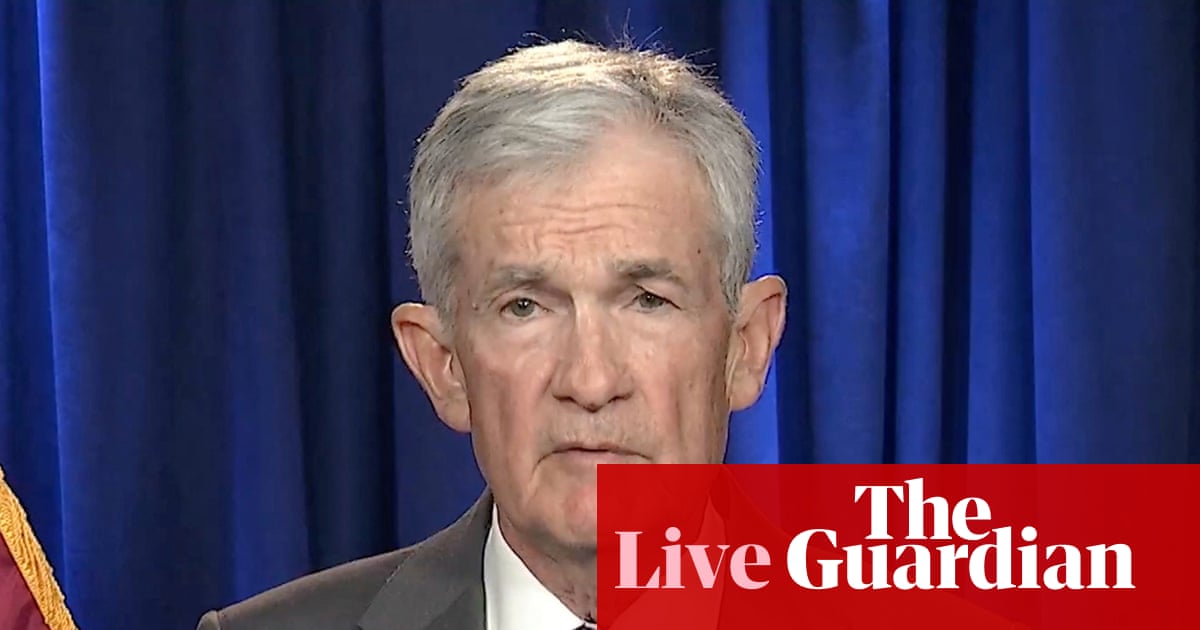European chemical corporations have issued plans to export increasing quantities of “toxic” pesticides deemed too dangerous to spray on EU farms, an investigation has found, despite a pledge to end the practice.
Planned exports of domestically banned pesticides rose from 81,600 tons in 2018 to 122,000 tons in 2024, according to export notifications obtained via freedom of information requests by Unearthed, the investigative newsroom of Greenpeace, and the Swiss nonprofit Public Eye.
The figures, which are derived from documents produced to ensure the sale of hazardous chemicals has the “prior informed consent” of importing countries, do not show the final amount that was shipped but are the best available record of the trade in banned pesticides.
Angeliki Lysimachou, a toxicologist at Pesticide Action Network Europe who was not involved in the research, said the European Commission had caved to industry interests by allowing the “toxic trade” to expand instead of ending it as promised.
“Every additional delay is not just negligence, it is a betrayal of human and environmental rights,” she said. “The commission must act urgently to end this unethical double standard.”
The EU had led the global push to restrict dangerous agricultural chemicals because of damage they can do to human health and the environment, such as reducing fertility or killing bees. It has banned the domestic use of dozens of pesticides in recent years, even as regulators in other rich economies have continued to allow farmers to spray them on plants and soils.
The commission announced plans to stop exports after an investigation revealed the scale of its sales to third-party countries. Its 2020 chemicals strategy claimed it would “lead by example, and, in line with international commitments, ensure that hazardous chemicals banned in the European Union are not produced for export”.
But five years on, documents show that the quantity of banned pesticides listed in export notifications has risen, in part because the list of forbidden chemicals has grown longer. The banned substances being shipped around the world include the herbicide glufosinate and the fungicide mancozeb, which European regulators consider toxic for reproduction.
The increase in exports of banned pesticides comes despite the UK, a major pesticide exporter, having left the EU. The biggest exporting country in 2024 was Germany, followed by Belgium, Spain, the Netherlands and Bulgaria, the analysis showed.
Belgium recently joined France in banning the practice, though French companies have continued some exports because of a legal loophole that is due to be closed. In 2024, the analysis found, France was the seventh-biggest exporter of pesticides banned in the EU.
The analysis found the pesticides were mostly destined for low- and middle-income countries, though the US was the single biggest recipient. Some of the harmful chemicals may be imported back into the EU as food.
The Guardian has previously reported on the dangerous effects of EU-exported pesticides in countries such as Brazil, where they were sprayed on sugarcane farms that supplied Nestlé and a major Brazilian supplier of Europe’s sugar, and Costa Rica, where people complained of “unbearable” smells that came with a host of health problems when planes sprayed pesticides over plantations growing the country’s banana and pineapple crops. The UK has also exported pesticides to Brazil that it considers unfit for British farms.
A commission spokesperson said it shared concerns and was committed to addressing them. It said it launched a public consultation and a study in 2023 and that an evaluation would inform “possible next steps”.
after newsletter promotion
“Ensuring a high level of protection for people and the environment, both within the EU and globally, is paramount,” the spokesperson said. “The commission is exploring the options to ensure that the most hazardous chemicals banned in the EU cannot be produced for export, including by amending relevant legislation if and as needed.”
A spokesperson for the German multinational pharmaceutical and biotechnology company Bayer declined to comment on the exported volumes but said all its products were safe for humans and the environment if applied according to label instructions.
“The mere fact that a plant protection product is not authorised or banned in the EU says nothing about its safety,”they said. “Many other regulatory agencies around the world – including the US, Canada, Japan, Australia and New Zealand – also have very reliable, robust, carefully working and sophisticated regulatory systems in place to protect human health and the environment.”
A Syngenta spokesperson said all its exports complied with European chemical regulations and that it provided training in importing countries to ensure safe use. “Blocking access to high-quality, authorised products risks encouraging counterfeit and illegal alternatives – often made with unregulated and harmful ingredients – which can put farmers and the environment at far greater risk,” the spokesperson said.
Three of the biggest exporters of banned pesticides identified in the analysis – BASF, Teleos and Agria – did not respond to a request for comment. Corteva declined to comment.
Lis Cunha, a campaigner at Greenpeace, said the increase in exports was “reprehensible and deeply hypocritical”. She called on the commission to fulfil its commitment to an EU-wide ban. “It’s outrageous that the profits of the European chemicals industry should take precedence over the health and environment of people in poorer nations,” she said.

 3 months ago
105
3 months ago
105

















































